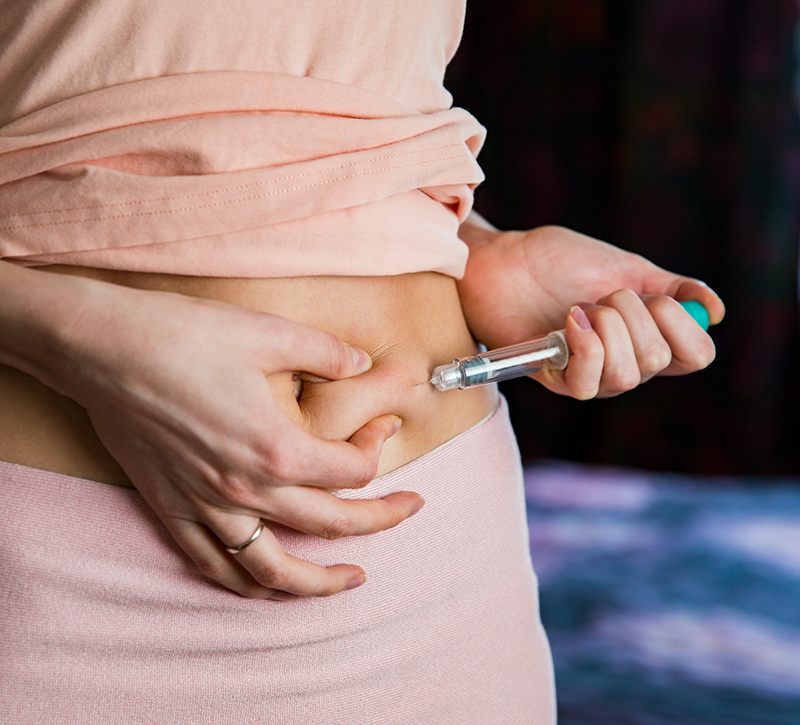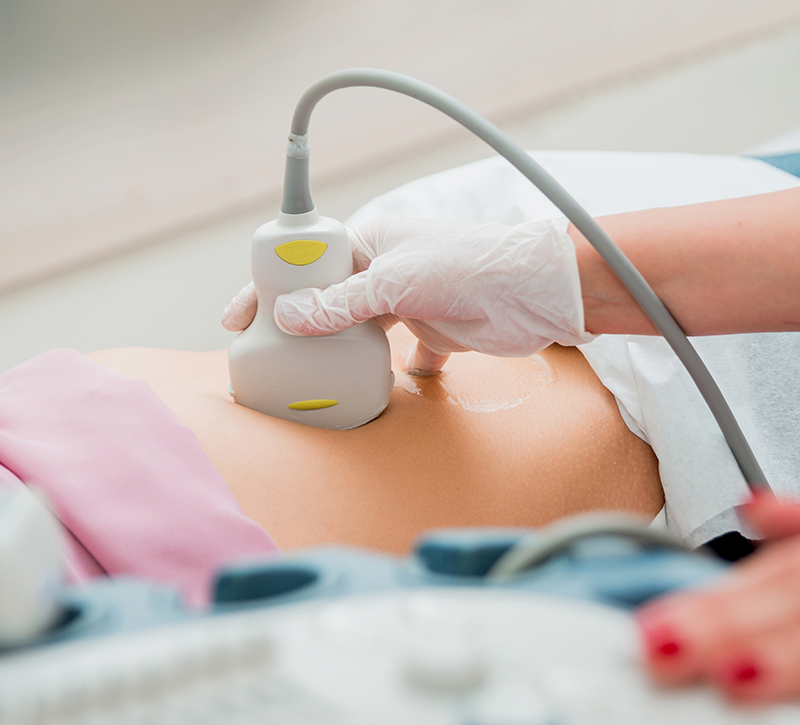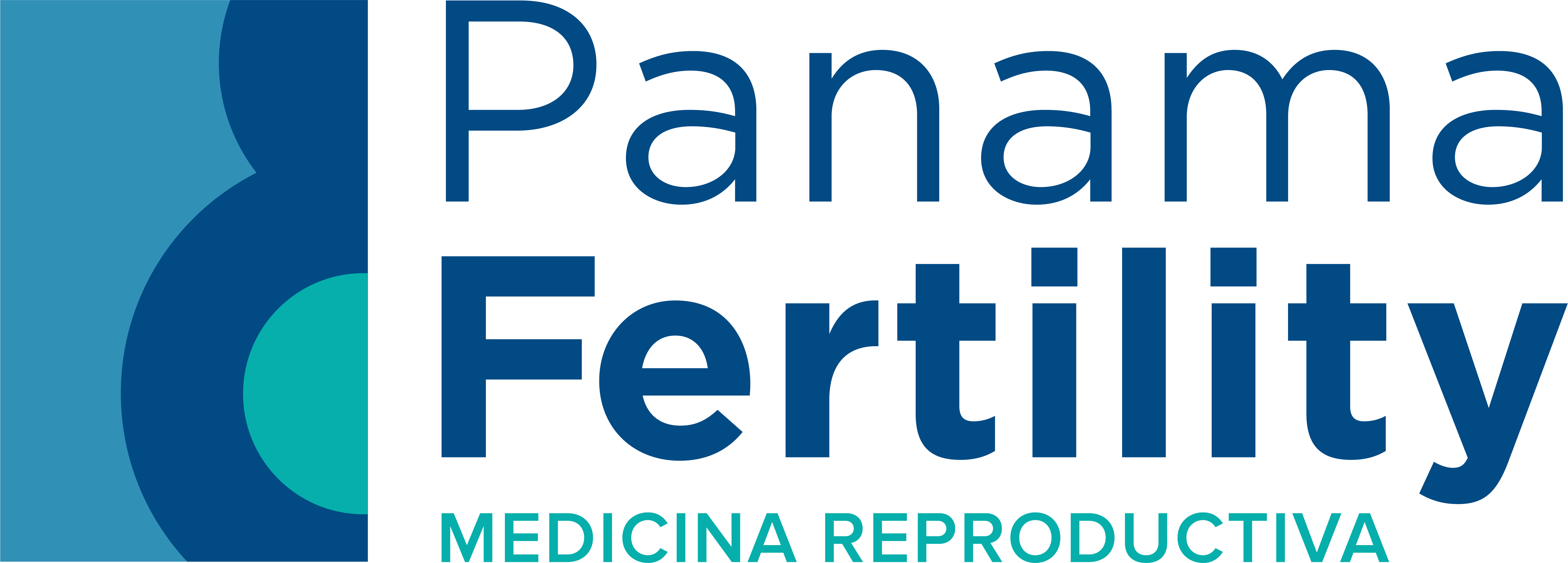Ovulation Induction
To conceive, you need functioning ovaries that release an egg, a sperm that can swim to penetrate that egg, and a uterus capable of carrying a baby to term. Sometimes, the ovaries need to be stimulated for this to happen.

Ovulation Treatment
What is ovulation induction?
Ovulation induction is a simple assisted reproduction treatment that aims to stimulate the ovaries to start the cycle and mature a greater number of eggs through ovulation.
In consultation with your fertility coordinator and fertility specialist at Panama Fertility, we will ask you to undergo tests to evaluate and diagnose any ovulation problems so that we can assess your case individually.
Fertility Preservation
Who Ovulation Induction Helps

Ovulation Induction in 3 Steps


Required Testing
Before starting any fertility treatments, we require specific tests to ensure that we clearly understand your reproductive health.
In consultation with both your Fertility Coordinator and Fertility Specialist at Panama Fertility, we will ask for tests to be completed in your home county to assess and diagnose any ovulation problems. We will provide the order requisitions to make the process as easy as possible.
These tests are:
- Ultrasound Scans
- Blood tests
- Hormone Levels
Most of these tests are covered by insurance, which can help save time and money on travel expenses.
Inducing Ovulation
Once we know what is causing your ovulation problems, our next step along the way is to prescribe medications. The two main medication regimens are:
- Tablets that increase the production of the follicle-stimulating hormone (FSH). These could be Clomid, Clomiphene, Tamoxifen, Letrozole, or Norethistestosterone.
- If you are not responding as well as we would like in tablet format, we may prescribe injections of Gonadotrophins. Examples of these are Menopur, Bemfola, or Gonal F. These injections are given daily.
We can order them at your home or a local pharmacy. We work with several pharmacies specializing in fertility medications and can guide you in choosing one based on your location and insurance coverage. We will provide the necessary prescriptions to make the process seamless.


